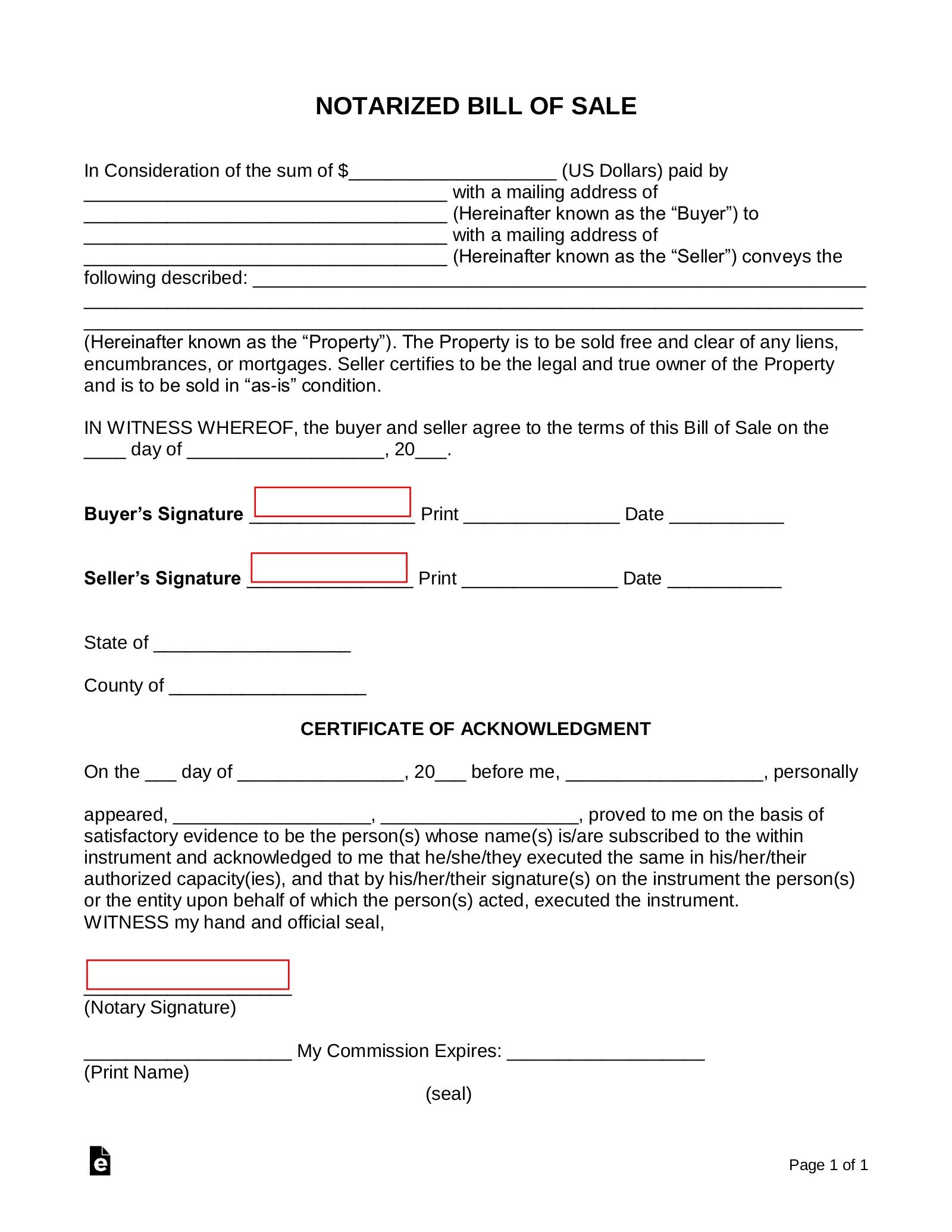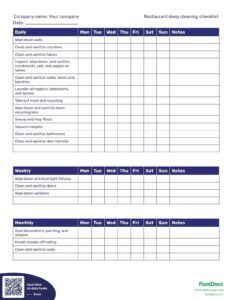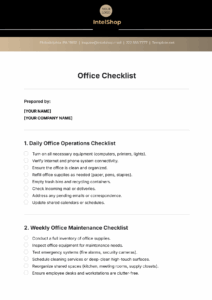A bill of sale might sound like just another piece of paper, but it’s actually a crucial document that records the transfer of ownership of an item from one person or entity to another. Think of it as your official receipt and proof of purchase, clearly outlining what was sold, who bought it, who sold it, and for how much. It’s a fundamental safeguard for both parties involved in a transaction, preventing misunderstandings and providing a clear record should any disputes arise later on.
Now, imagine adding an extra layer of security and credibility to that vital document. That’s exactly what happens when you have a bill of sale notarized. Notarization isn’t just a fancy stamp; it’s a process where an impartial third party, a notary public, verifies the identities of the signers and confirms that they are signing the document willingly and knowingly. This simple step can significantly strengthen the legal standing of your transaction, making a simple agreement much more robust and legally defensible.
Why Notarization Adds an Essential Layer of Protection
When you’re dealing with significant transactions, like selling a vehicle, a boat, or even high-value personal property, relying on a simple handshake or an unverified document can leave you vulnerable. Notarization steps in as a powerful deterrent against fraud and challenges to the agreement’s validity. A notary public acts as an official witness, confirming the identities of everyone involved and ensuring they are signing under their own free will, without coercion. This process creates a formal record that is widely recognized in legal proceedings.

The primary benefit of a notarized document is the presumption of validity it carries. Should a dispute arise down the line – perhaps someone claims they never signed the document, or that the signature isn’t theirs – the notary’s seal and signature serve as strong evidence to the contrary. It’s an independent verification that adds significant weight and credibility to the transaction. This level of authentication is particularly valuable for items that require state registration or are subject to specific legal requirements.
When is a Notarized Bill of Sale Especially Important?
While a basic bill of sale is often sufficient for minor transactions, there are specific scenarios where getting it notarized is not just a good idea, but often a legal requirement or highly recommended for peace of mind. These situations typically involve high-value assets or items that have formal titles and registration processes.
Consider these common instances where a notarized bill of sale provides invaluable protection and often simplifies legal processes:
- Selling or buying a motor vehicle (cars, motorcycles, RVs).
- Transferring ownership of a boat or other watercraft.
- Dealing with the sale of firearms or other regulated items.
- Transactions involving high-value personal property, like expensive artwork or jewelry.
- When either party resides in a different state, adding an extra layer of formal proof.
Having this official verification can save you immense headaches and potential legal battles in the future, providing clear, undeniable proof of the transaction’s legitimacy.
Navigating the Process with a Notarized Bill of Sale Template
The idea of creating a legally sound document from scratch might seem daunting, but thankfully, a reliable notarized bill of sale template simplifies the entire process. These templates are designed to include all the necessary legal jargon and fields, ensuring you don’t overlook critical details. They act as a structured guide, prompting you to fill in information such as the names and addresses of both buyer and seller, a detailed description of the item being sold, the purchase price, the date of the transaction, and any specific terms or conditions agreed upon.
When searching for a suitable template, it’s wise to look for one that is easily editable and comprehensive. Many online resources offer free or low-cost templates that can be customized to fit your specific needs. It’s also a good practice to ensure the template aligns with general legal requirements in your jurisdiction, especially for vehicle or property sales, as some states might have particular clauses or disclosures they require. A well-designed template helps you organize all the pertinent information neatly and clearly, making the document easy to understand for all parties involved, including the notary.
Once you have chosen and filled out your notarized bill of sale template, the next step involves the notarization itself. Both the buyer and seller typically need to appear before a notary public. Remember to bring valid, government-issued identification, such as a driver’s license or passport, as the notary will need to verify your identity. The notary will then witness your signatures, confirm your understanding and willingness to sign, and finally affix their official stamp and signature, thereby making the document legally attested.
This straightforward process transforms a simple document into a legally robust instrument. Utilizing a pre-formatted notarized bill of sale template ensures that all essential information is captured accurately and consistently, reducing the chances of errors or omissions that could undermine the document’s validity. It truly streamlines what could otherwise be a complex legal preparation, providing peace of mind to both parties involved in the sale.
In essence, securing your transactions with a properly executed bill of sale, especially one that has been notarized, is an investment in your future peace of mind. It establishes a clear, undeniable record of ownership transfer, protecting both the buyer and the seller from potential disputes or misunderstandings down the road. This diligence ensures that your significant asset transfers are not only legally sound but also clearly documented for any future reference or official requirements.
Taking the small extra step to notarize your bill of sale provides a layer of legal certainty that can be invaluable. It transforms a simple agreement into a formal, verifiable document that stands up to scrutiny, offering robust proof of the transaction’s legitimacy. This thoughtful approach safeguards your interests and ensures smooth, worry-free ownership transitions.


